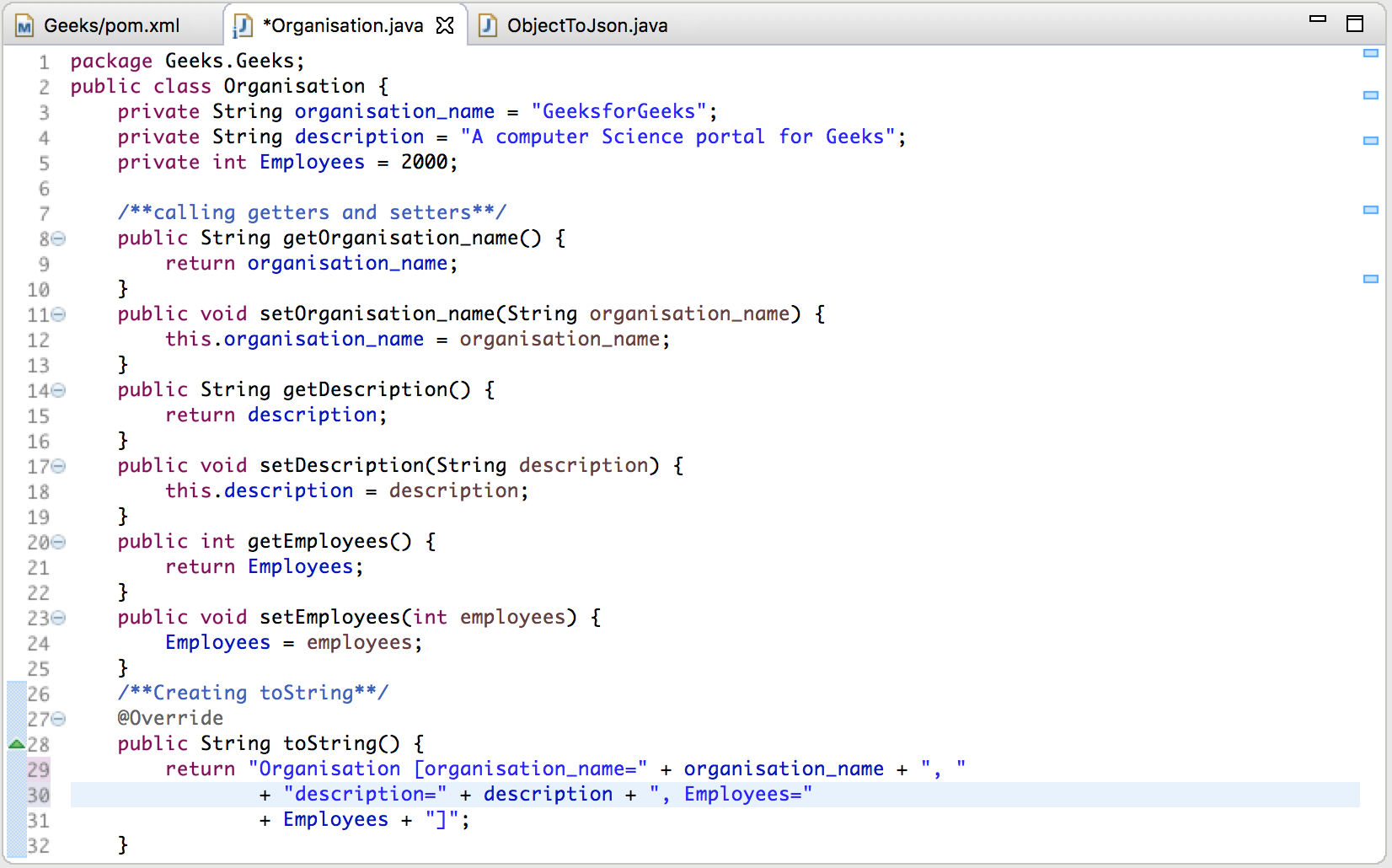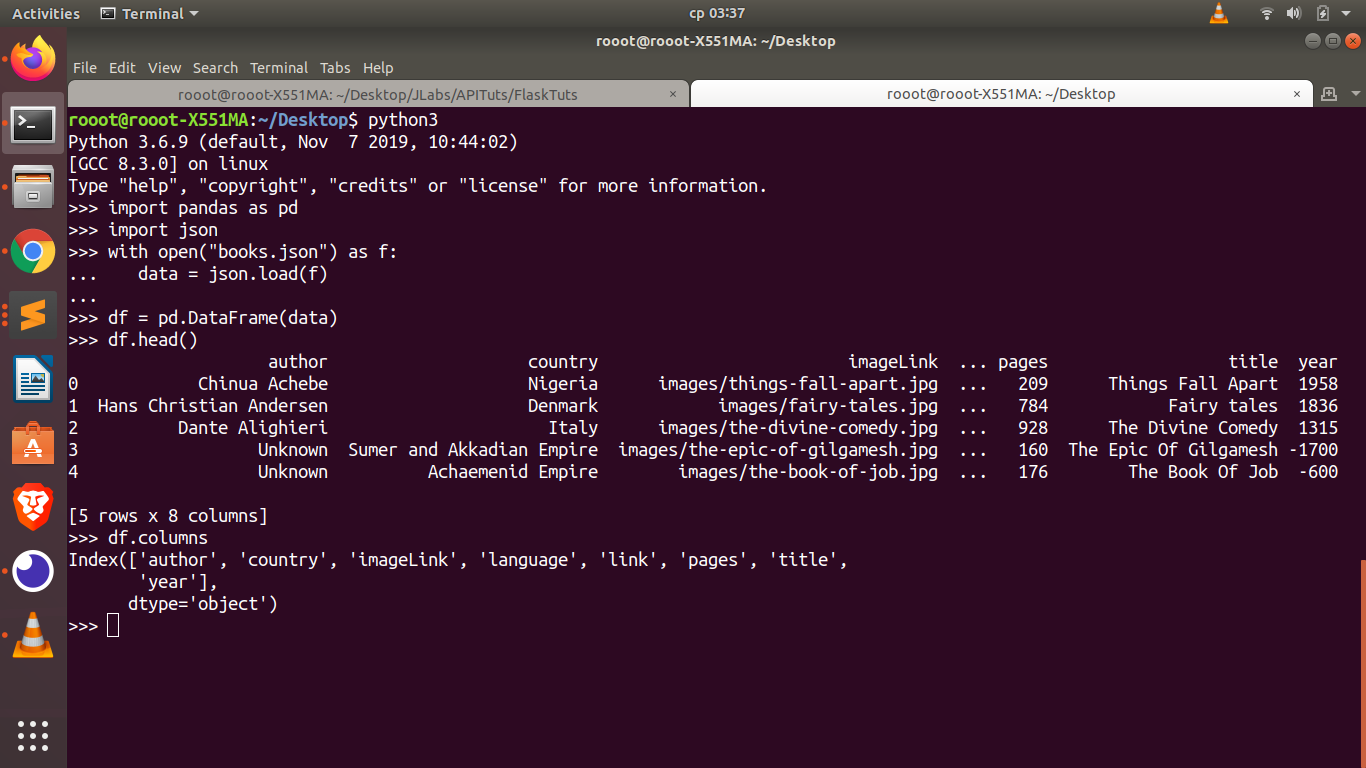
We will use this additional route value ( _RequestVerificationToken = "_") as a placeholder to inject the value of our AntiForgeryToken into links href with a little help of jQuery: $(document).ready(function () and enabling the Web programming model for this service (in web. First we need to add AntiForgeryToken helper to the view: Now let's modify our ActionLink: Here comes the hacky part. So for starters, we have an ActionLink which looks like this: and we want to secure this Delete action with AntiForgeryToken. I must warn you, the solution might be considered a little bit hacky. String json = JsonConvert.SerializeObject(students, Formatting.Today I have found this question on and decided to take a look at it. * using a managed data provider or via Entity Framework. With string mapping, the EF Core provider will save and load properties to database JSON columns, but will not do any further serialization or parsing. * Now either save to json or write to a database e.g. List students = people.Select(person => new Student()

let's say this is not empty we got data from a source So this I believe is what you are after in a mock-up using System These depend on the type of project you are building. There are other options like LINQ to JSON and JOSN file readers and writers. Do you use LINQ? A data access layer? ADO.NET? How do you currently work with a database? How you go about this depends on how your project works. Similar to the SQL example above table, once you have the deserialized data you can convert the C# type to whatever you like. From here you can use standard C# deserialization. Is there a way to convert to JSON format or you have do manually String jsonStr image 1,2,3,4 image2: 2,23 image3: 3,4 image4: true image5: true image6: true String JSONString rialize (jsonStr. In Visual Studio select Edit -> Paste Special -> Paste JSON as Classes. Im trying to Serialize a string into JSON content but does not seems its JSON content and I have tried the following. Visual Studio has a code generator for this purpose. /rebates/&252fserialize-iqueryable-to-json-string-format. If you must convert the JSON to a C# type first then create a C# type that matches the JSON. INSERT INTO dbo.SomeTable (CityOfResidence)

Once the data is imported, write a standard INSERT INTO whatever table you like using basic SQL.

SQL Server 2016 and above imports JSON documents directly into a table. String jsonString = JsonSerializer.Serialize(destination, new JsonSerializerOptions() List destination = source.Select(d => new DataReadyPerson Source = JsonSerializer.Deserialize>(json) It converts structures to JSON Objects, arrays to JSON Arrays, numbers to JSON Numbers, and strings to JSON Strings.

The SerializeJSON function converts all other ColdFusion data types to the corresponding JSON types. Using (StreamReader r = new StreamReader("data.json")) The SerializeJSON function generates an error if you try to convert binary data into JSON format. NET Core sample with StreamReader/StreamWriter.


 0 kommentar(er)
0 kommentar(er)
